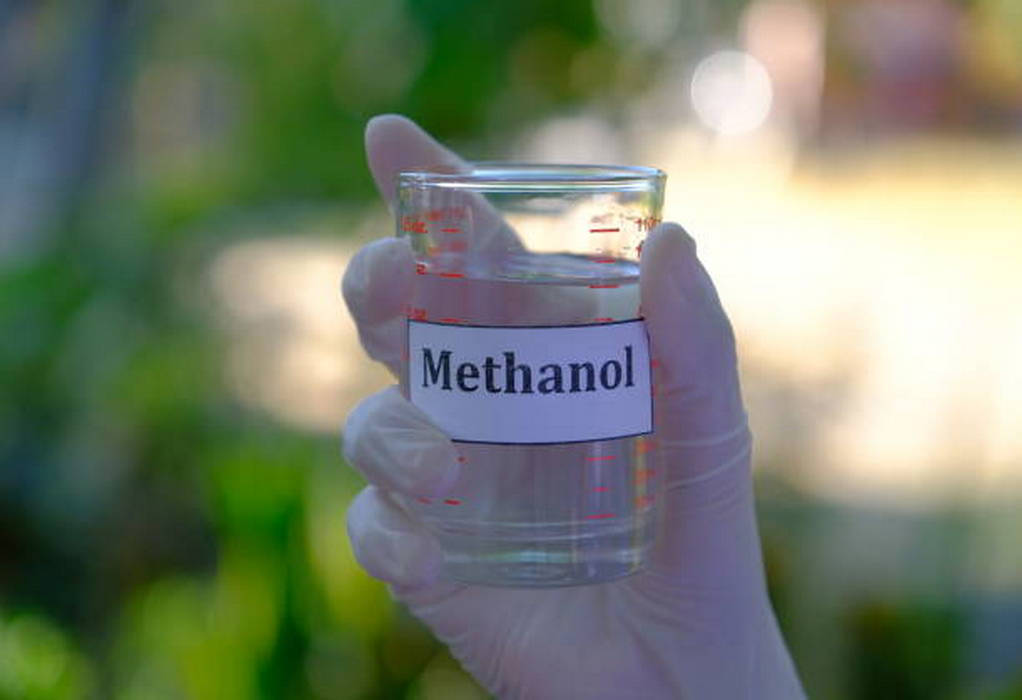Researchers at Oak Ridge National Laboratory and a team of interdisciplinary scientists tripled the yield of methanol in the catalytic hydrogenation reaction of carbon dioxide by introducing hydrides into the catalyst support material. The researchers say the higher yield is “due to the direct participation of surface hydrides in the reaction, and the modified electronic property of the interfacial sites” in the hydride-containing catalyst. It is the first-time anion substitution has been used in this context.
The team designed a catalyst that employed copper nanoparticles supported on a perovskite (barium titanate) to convert CO2 to methanol. Barium titanate support was chosen because it is among the few materials in which hydrogen anions (hydrides) can be incorporated to form a stable oxyhydride. Usually, hydrides are highly reactive toward air and water. In addition, the scientists hypothesized that the incorporated hydrogen anions might affect the electronic properties of the copper atom at the interface between the catalyst and support.
The ORNL research team conducted a range of characterization techniques to examine the structure of the copper, the support and the interface under real-world reaction conditions to correlate structure with performance, the ORNL team explained. Boosting the performance of hydride-containing catalysts for CO2-to-methanol conversions would enhance the portfolio of CO2-abatement technologies.
Tags: Catalyst, CO2, Methanol



Recent Posts
Scandlines Nears Delivery of Zero Emissions Ferry Following Successful Sea Trials
India faces emission roadblocks with rising net-zero demands
Green Energy Resources invests in two electric Liebherr LHM 550
NYK Launches Continuous Use of Bio LNG Fuel on Car Carriers to Advance Decarbonization Goals
Yang Ming Expands Fleet with Methanol and LNG Dual-Fuel Vessels Under Fleet Optimization Plan
ClassNK Advocates Speed Gap Monitoring to Optimize Fuel Efficiency in Heavy Weather
Wärtsilä’s retrofit package for the Corsica Linea ferry Pascal Paoli has resulted in fuel savings of up to 22 percent Corsica Linea
COSCO Shipping Names Second Methanol Dual-Fuel Containership in Yangzhou